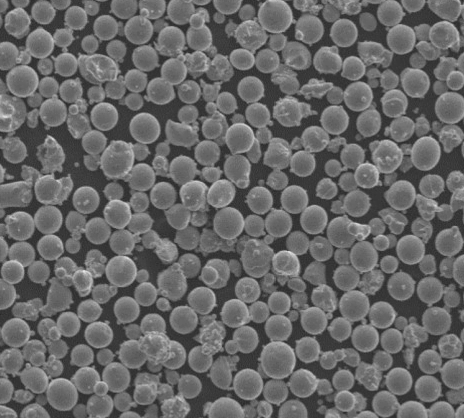
ブログ


チタン・アルミニウム合金
Overview Titanium Aluminum Alloys are a class of metallic materials that contain a mixture of titanium and aluminum. They are lightweight, have high strength, and excellent corrosion and oxidation resistance
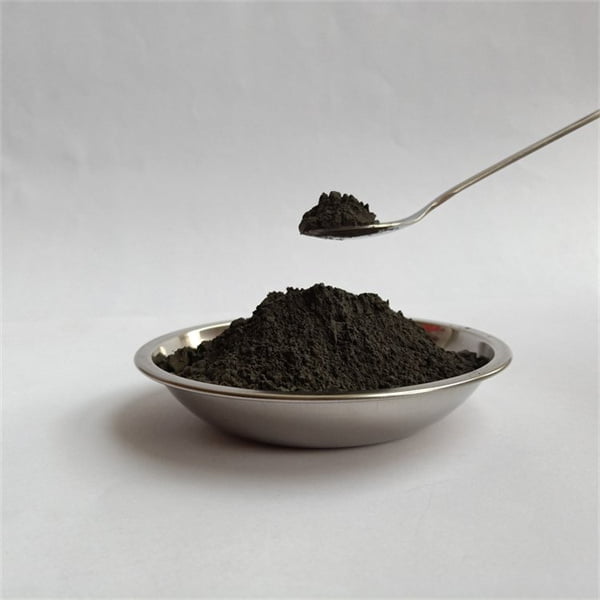
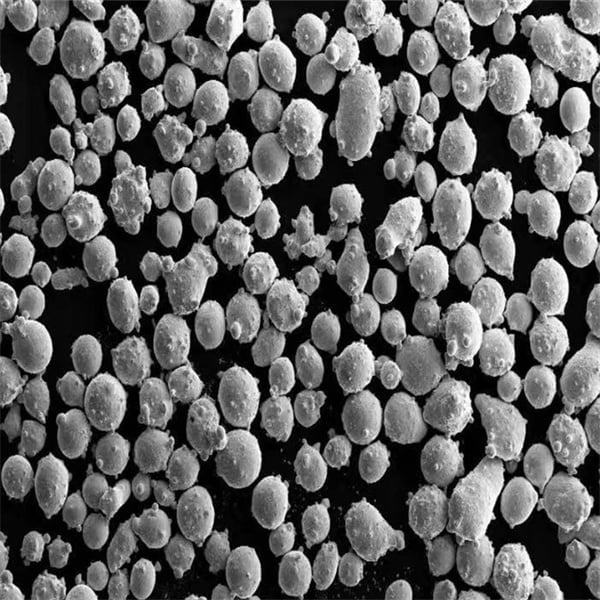
MIMアディティブ・マニュファクチャリング
mim additive manufacturing refers to an industrial process to produce small, complex metal parts at high volumes. A composite metal powder feedstock is molded into a green-state shape using injection
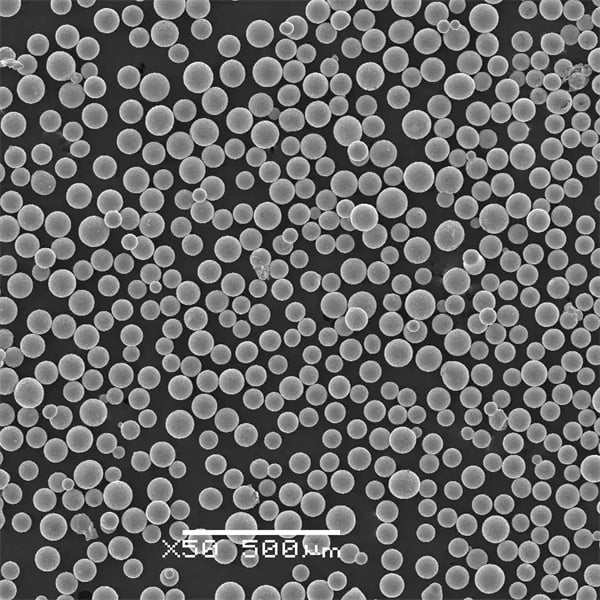
ガスアトマイズ金属粉
Gas atomization metal powder refers to a material processing method to produce fine spherical metal powders for applications like metal injection molding (MIM), additive manufacturing, pressing and sintering, thermal spray
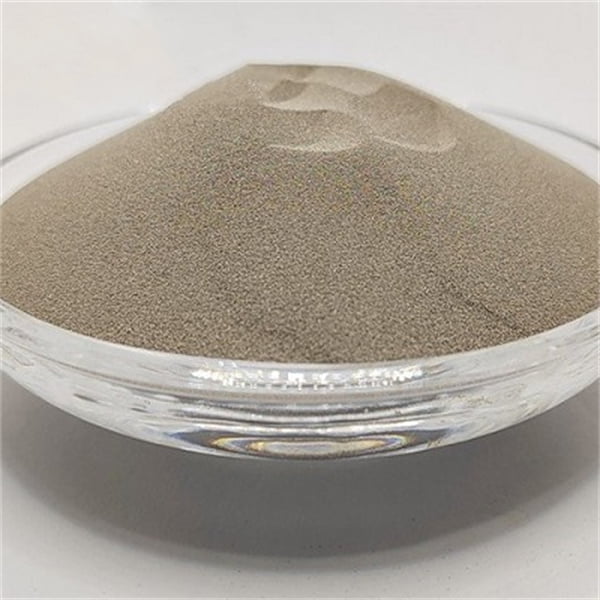

合金鉄粉:用途,サプライヤー,特徴
Alloy iron powder refers to iron powder with alloying elements to enhance properties. This guide provides a comprehensive look at alloy iron powder types, compositions, characteristics, uses, suppliers, and comparisons.

球状粉体:種類、特徴、長所
Spherical powders feature rounded particle morphology versus irregular shapes. This guide provides a comprehensive look at types of spherical powders, production methods, characteristics, applications, suppliers, and pros/cons. Overview of Spherical
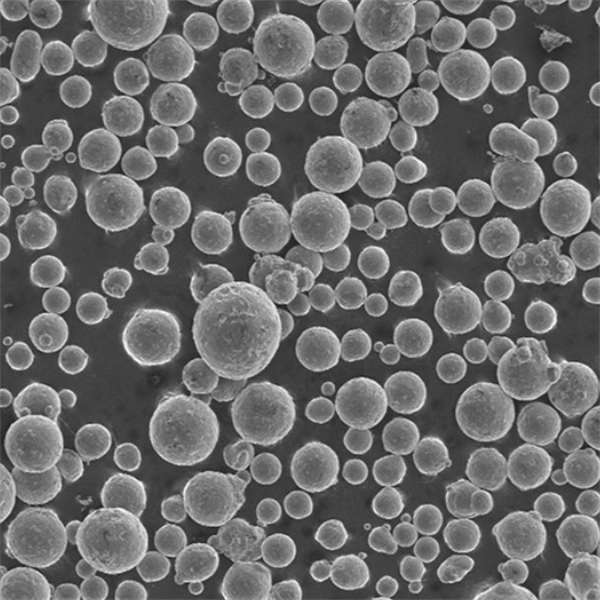
純タングステン粉の紹介
Pure tungsten powder offers the highest density, strength, and thermal properties among metals. This guide provides a detailed overview of unalloyed tungsten powder for industrial applications. Introduction to Pure Tungsten
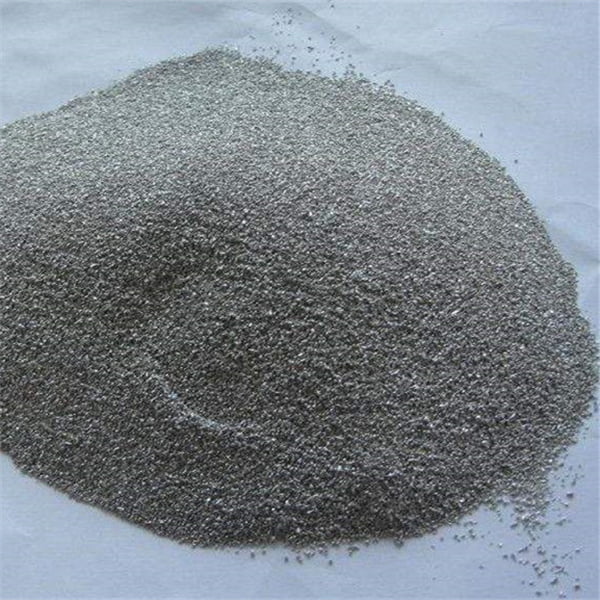
3Dプリンティング用アルミニウムパウダー
aluminum powder for 3d printing is increasingly used in additive manufacturing to create lightweight, high-strength parts across industries. This guide provides a comprehensive overview of aluminum powders for 3D printing.

金属粉末製造
Overview Metal powders are fine metal particles used as feedstock for manufacturing techniques like additive manufacturing, metal injection molding, and powder metallurgy pressing and sintering. Producing advanced specialty metal powders with precise control of chemistry, particle size distribution, morphology, and microstructure is critical to properties of finished components. There are various methods used for large
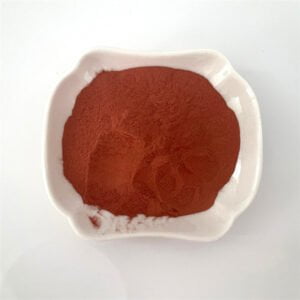
チタン・アルミニウム合金
Overview Titanium Aluminum Alloys are a class of metallic materials that contain a mixture of titanium and aluminum. They are lightweight, have high strength, and excellent corrosion and oxidation resistance at high temperatures. TiAl alloys are considered an important high-temperature structural material for aerospace and automotive applications due to their unique combination of properties. Their

電子ビーム製造
Electron beam manufacturing refers to an additive manufacturing process that uses a focused beam of high-energy electrons to selectively melt and fuse metallic powder particles together layer-by-layer to directly fabricate complex 3D components. Also known as electron beam melting (EBM) or electron beam powder bed fusion, the process offers capabilities like build rate, material properties,
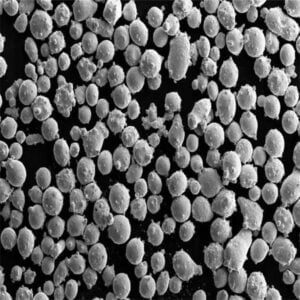
MIMアディティブ・マニュファクチャリング
mim additive manufacturing refers to an industrial process to produce small, complex metal parts at high volumes. A composite metal powder feedstock is molded into a green-state shape using injection molding equipment, debound, and then sintered to achieve full density. MIM leverages the geometric flexibility of polymer injection molding and green-forming with the performance capability
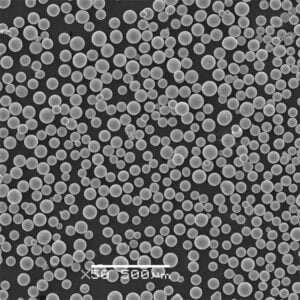
ガスアトマイズ金属粉
Gas atomization metal powder refers to a material processing method to produce fine spherical metal powders for applications like metal injection molding (MIM), additive manufacturing, pressing and sintering, thermal spray coatings, powder metallurgy, and more. In gas atomization, molten metal alloys are disintegrated into droplets using high pressure inert gas jets. The droplets rapidly solidify
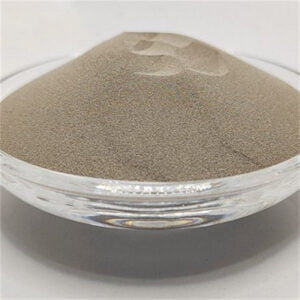
SLM製造の理解
slm manufacturing is a powder bed fusion additive manufacturing process used across industries. This guide provides a comprehensive look at SLM – how it works, materials, applications, advantages/disadvantages, system suppliers, and more. Overview of Selective Laser Melting (SLM) slm manufacturing is an additive manufacturing process that uses a laser to selectively melt metal powder layer-by-layer
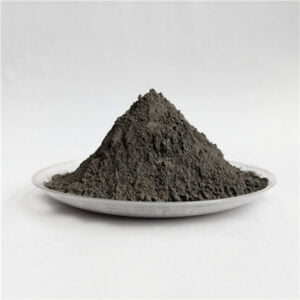
合金鉄粉:用途,サプライヤー,特徴
Alloy iron powder refers to iron powder with alloying elements to enhance properties. This guide provides a comprehensive look at alloy iron powder types, compositions, characteristics, uses, suppliers, and comparisons. Overview of Alloy Iron Powder Key points about alloy iron powder: Alloying expands the capabilities of iron powder across more demanding applications. Alloy Powder Compositions

球状粉体:種類、特徴、長所
Spherical powders feature rounded particle morphology versus irregular shapes. This guide provides a comprehensive look at types of spherical powders, production methods, characteristics, applications, suppliers, and pros/cons. Overview of Spherical Powders Key attributes of spherical powders: The spherical shape provides advantages in handling, consolidation, and performance. Types of Spherical Powder Common spherical powder types include:
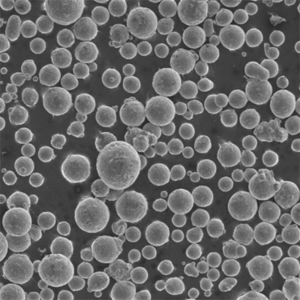
純タングステン粉の紹介
Pure tungsten powder offers the highest density, strength, and thermal properties among metals. This guide provides a detailed overview of unalloyed tungsten powder for industrial applications. Introduction to Pure Tungsten Powder Pure tungsten powder contains >99.9% tungsten with minimal impurities. Key properties: Benefits over alloyed powders: With its unsurpassed density and temperature resistance, pure tungsten
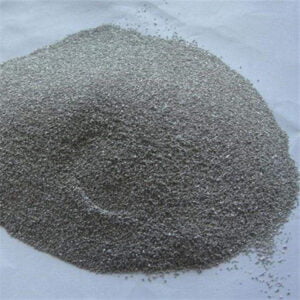
3Dプリンティング用アルミニウムパウダー
aluminum powder for 3d printing is increasingly used in additive manufacturing to create lightweight, high-strength parts across industries. This guide provides a comprehensive overview of aluminum powders for 3D printing. Introduction to Aluminum Powder for AM Aluminum is a popular material for 3D printing due to: Key properties of aluminum powder: Aluminum powder enables printing
製品カテゴリー
ホットセール商品
最新の投稿

3Dプリンティングと積層造形用のXmetto
連絡先
- 中国山東省青島市
- [email protected]
- +86 15000994740






